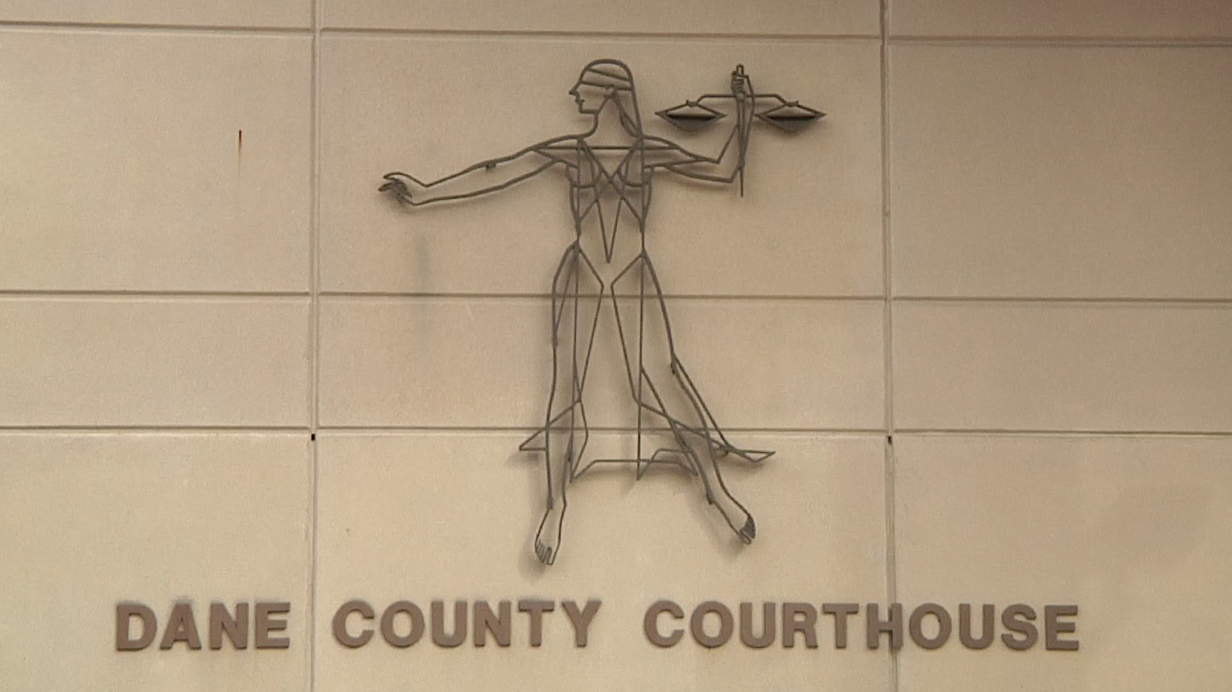
Hundreds of laws and dozens of appointments remain in jeopardy over the weekend as Dane County ruling still in effect
March 22, 2019
By Robert Fassbender
Robert Fassbender is President and General Counsel of the Great Lakes Legal Foundation.
Late Friday afternoon, the Wisconsin Court of Appeals, District III, granted the Wisconsin Department of Justice’s (DOJ) request to weigh in on the legal fight over the December 2018 lame-duck extraordinary session laws. Before today’s order, DOJ was conspicuously absent in this legal free-for-all.
District III actions today were precipitated by a filing earlier on Friday by the Legislature asking the court for an emergency stay of the March 21 decision and order by Dane County Circuit Court Judge Richard Niess. That decision invalidated each of the three December 2018 extraordinary session laws and vacated 82 appointments made during that period. The Court of Appeals also set a deadline of 4:00 p.m. on Monday, March 25, for all parties who wish to be heard on the merits of the stay.
In total, four lawsuits are seeking to throw out parts or all of the extraordinary session laws. This suit, now before the Court of Appeals, was brought by the League of Women Voters of Wisconsin and other groups aligned with the Democratic Party.
The three laws at issue in all cases are 2017 Wis. Act 368, 2017 Wis. Act 369, and 2017 Wis. Act 370. But the plaintiffs in the League of Women Voters case don’t distinguish those extraordinary session laws from the over 300 extraordinary session laws enacted to date. It would be a short legal step to invalid these other laws using an appellant court opinion supporting Niess’ decision.
Many expect a stay to be issued early next week by the Court of Appeals considering the legal and political wildfire ignited by Niess’ decision.
In response to the decision, for example, Gov. Tony Evers directed Attorney General Josh Kaul to withdraw Wisconsin as a plaintiff in the controversial Affordable Care Act litigation, an action not permitted by the extraordinary session laws. The Wisconsin Public Service Commission (PSC) canceled today’s meeting just hours after the ruling. PSC’s chairperson, Ellen Nowak, was one of the 82 appointments vacated by Niess. These and other actions resting on Niess’ decision would have to be aborted or reversed if the court issues a stay.
In his sweeping ruling, Niess found the extraordinary session lame-duck effort unconstitutional — “as if it never existed; it is no law at all.” And with that, unless the appellant court issues a stay, his decision, for now, vaporized the three laws and 82 appointments.
Because of the ongoing legal chaos arising from Niess’ decision, the Legislature has asked for an emergency stay:
There is no telling how the decisions [by Gov. Evers and others] . . . will be unwound once the meritless lawsuit is rejected on appeal. The [circuit court decision] will also cause confusion about the lawful status of four decadesof law adopted using the same procedure, from the two-strike laws for child sex predators, to the right-to-work law, to laws protecting against prenatal substance abuse, to the Milwaukee Bucks arena, or to more than 3000 pages of other laws. Memo in Support of Stay, pp. 1.
One of the Legislature’s points to the Dane County court—in more legalistic, jurisdictional terms—was simple: it’s not your business to tell us how to do our business. And that position could lead to reversal on appeal and give District III enough concern to stay the lower court decision.
The key case on that point is the 2011 Wisconsin Supreme Court decision Ismael R. Ozanne v. Jeff Fitzgerald in which the court notes:
Because under our system of constitutional government, no one of the co-ordinate departments can interfere with the discharge of the constitutional duties of one of the other departments, no court has jurisdiction to enjoin the legislative process at any point. … If a court can intervene and prohibit the publication of an act, the court determines what shall be law and not the legislature. If the court does that, it does not in terms legislate but it invades the constitutional power of the legislature to declare what shall become law. This [a court] may not do. At ¶8 (Citations omitted)
If you’re keeping score, the case in the Court of Appeals is now captioned The League of Women Voters v. Tony Evers (Appeal Number 2019AP559). On March 20, Niess ordered the dismissal of the Wisconsin Election Commission defendants. He also granted intervenor–defendant status to the Legislature. Gov. Evers is the nominal defendant in the case—but his briefs are aligned with the plaintiffs.
So, the sole defendant is the Wisconsin Legislature, represented by Misha Tseytlin, the former Wisconsin Solicitor General. There are 17 attorneys—plus the newly added DOJ attorneys—in the case opposing Tseytlin, the only attorney of record for the Legislature.
Key Links:
League v Evers_Memo ISO Emergency Motion_Legislature_03-22-19
League v Knudson_Circuit Court Decision and Order_03-21-19
League v Knudson_Circurt Court Order on Election Comm_ 03-20-19